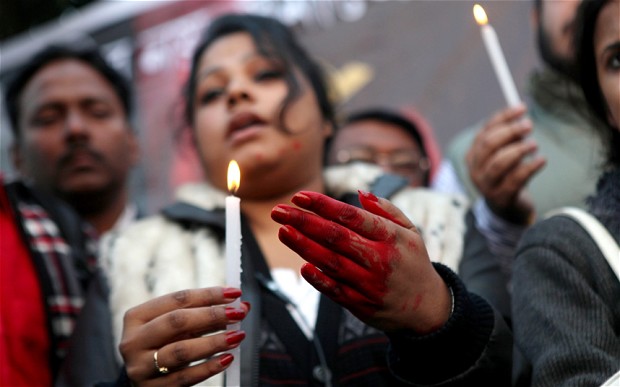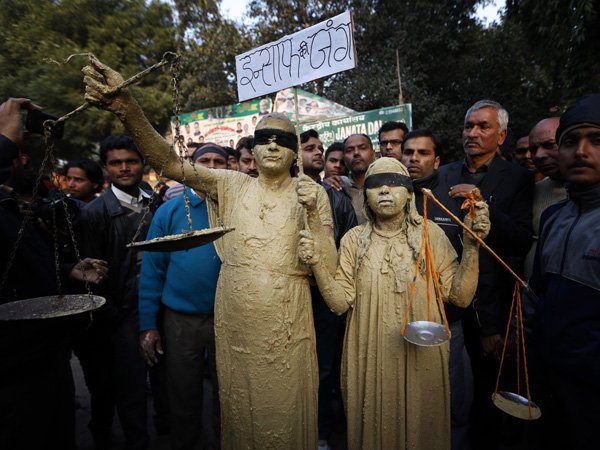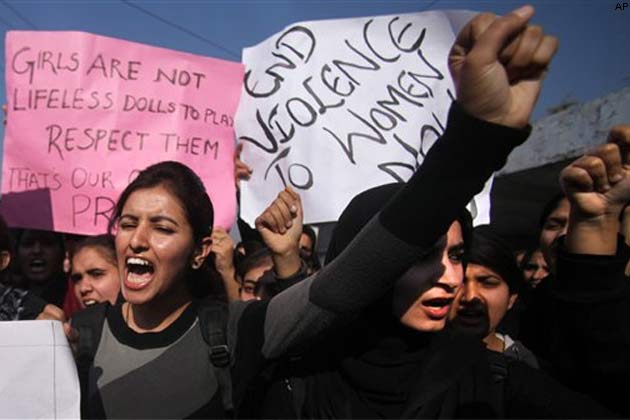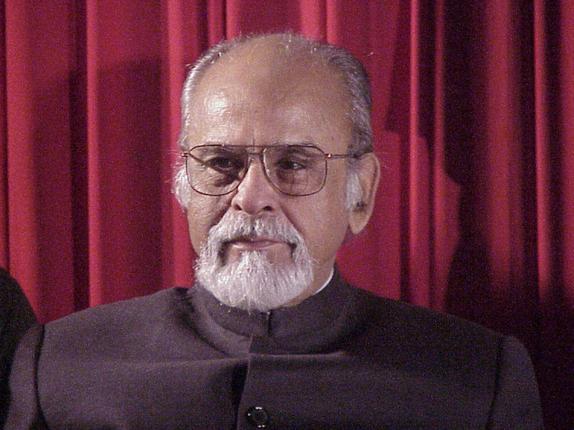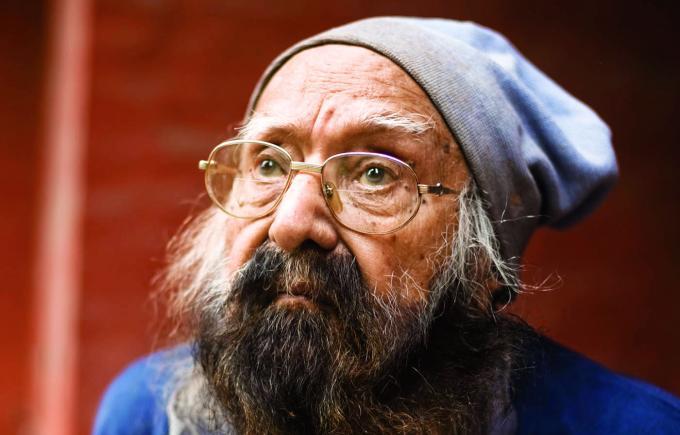Humra Quraishi wonders why we’re not talking more about the young man who stood by the Delhi gang rape victim. We’re choosing, instead, to focus on rubbish statements by politicians.
 For three consecutive weeks, I have been writing on rapes and its offshoots, but there’s little else in focus even now. Pushed aside for the moment are corruption scams and scandals, together with those men who were crying themselves hoarse over black money that others have stashed away. Anna Hazare has been quiet for a long time, and so have his key associates.
For three consecutive weeks, I have been writing on rapes and its offshoots, but there’s little else in focus even now. Pushed aside for the moment are corruption scams and scandals, together with those men who were crying themselves hoarse over black money that others have stashed away. Anna Hazare has been quiet for a long time, and so have his key associates.
In the midst of this, those who are opening their mouths are speaking plain rubbish. The Samajwadi Party’s Mumbai man Abu Azmi wants the young generation to not have boyfriends and girlfriends, and he thinks couples should not step out at night. I wish Abu Azmi would try imposing his ideas on his son and actress daughter-in-law Ayesha Takia. Jumping into the fray are others, so-called leaders from various regions, proclaiming that women should don overcoats and be fully covered at all times! No more jeans and short tops! As per these men, women should be coy, dressed in saris, tending to their homes, submitting to their husbands’ never-ending demands, and doing little else.
What is noteworthy is that politicians of the capital city seem to have matured. Maybe they have been around for far too long to be reckless in their statements. Or because they have sensed the mood of the masses and cannot afford to add to the growing unrest. Whatever the reason, politicians here have not much contributed to these rubbish thoughts by their counterparts elsewhere. There was no overreaction even to Shashi Tharoor’s suggestion – that if the parents okayed it, the rape victim’s name be made official for an anti-rape law to be named after her – and it was recognised to be an earnest statement, not a malicious one.
This one gang rape has opened the clichéd Pandora’s Box. Women are not just hitting out, they are also trying to connect. But we cannot lose sight of the young man, the victim’s friend, who not just stood by her, trying to save her from the rapists, but even now has the courage to refute the police’s theories, after fearlessly declaring that the cops were not there in time to rescue the girl.
It isn’t easy to go against the establishment, especially the police and the very machinery at their command. But this young man has done exactly that, at a time when he has suffered tremendously after battling the rapists and getting injured in the process, then losing his steady friend.
If any attention is to be paid to anyone’s statements, it should be this young man’s. If anybody is to be honoured, it should be him.
Humra Quraishi is a senior political journaliast. She is the author of Kashmir: The Untold Story and co-author of Simply Khushwant.
(Picture courtesy telegraph.co.uk)
